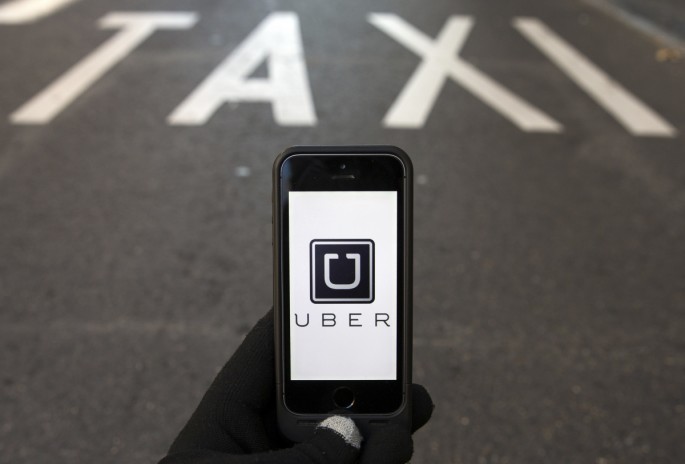Uber, the increasingly popular personal taxi service app, is having a rough time in China, with its services failing to meet expectations of local customers, marketing campaigns falling flat, and intense competition from dominant domestic rivals.
The San Francisco-based company entered the Chinese market in Aug. 2013 via the Uber Black pilot in Shanghai, a high-end taxi service targeting business people. It expanded its services in 2014 with the introduction of Uber X, which offered medium- to high-end family vehicles to four cities, although both attempts failed to gain traction in the country.
In August, the People's Uber, a car pooling service targeting the lower end of the market, was launched in Beijing, but this also failed to make any significant improvements in Uber's market share.
Most recently, the company announced a partnership deal in December with Baidu, China's biggest Internet search engine. The move was widely seen as Uber's attempt to further explore the local market, although results still remained below par.
Uber's services do not appeal to Chinese passengers, with customers complaining about dirty cars, overcharging, and poor customer service, Chinese news portal ECNS.com said in a report on Tuesday.
Li Yuhong, a senior researcher with CI Consulting, said that Uber's difficulties in China is due to its failure to meet local customer needs, while its user experience, which is the key for success in Internet companies, is not good.
Safety, the issue which haunts the company in other markets around the world, is also a serious concern, she added.
This is in stark contrast with Uber's local competitors, the Alibaba-backed Kuaidi Dache and Didi Dache, which know Chinese customers well and have a dominating 99.8-percent share of the market as of the end of last year, according to a survey conducted by Analysys International.
Didi and Kuaidi, backed by Chinese Internet giants Alibaba and Tencent, have been locked in a bitter price war since 2014 as each seeks to corner the Chinese market--the world's largest with more than 150 million Chinese hailing taxis with their smartphones.
In Apple's App Store, Didi has over 3,700 downloads and Kuaidi over 3,200, while Uber is just over 100, ECNS.com reported. It added that despite the huge size of the Chinese market, foreign Internet companies will still find it difficult to operate in it due to lack of understanding of the local market and customers.
Uber has a long way to go to catch up with its local counterparts, Li said.



























